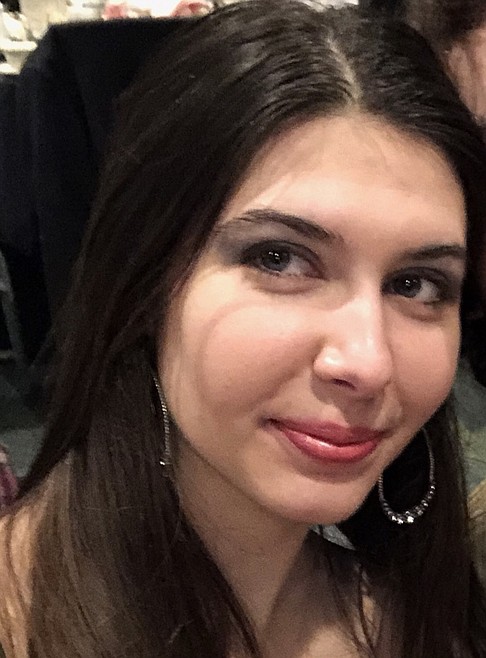To MLP: A linguist's 'epic' rebuttal
Coeur d'Alene Press | UPDATED 5 years, 9 months AGO
What’s in a word? That by which we call by any other would sound just as sweet.
Or so says this linguist (i.e., she who studies all the little pieces that make up sounds, words, and even whole languages, as well as their uses).
In school we learn there is a “right” way to speak, that the grammar rules we follow are the only legal rules of English.
But who makes up those rules? It’s not the dictionary or textbooks. Both of those reflect only what the majority of educated speakers think is the correct way to speak a language — because they’re the ones who teach it.
The real rules of any language are undefinable, because there are slight variations in the grammar and vocabulary we use, and even that can vary by dialect. Think of British (metaphoric) and American (literal) uses of “bloody.”
Language evolves naturally over time, based on how it’s spoken. New words are created and begin to catch on. People use “bad,” or nonstandard, grammar often enough until it becomes an accepted way to speak.
That’s not a bad thing.
Once upon a time, “He spake” was correct. Losing “spake” for “spoke” hasn’t exactly demolished English.
That said, let’s look at the word “epic,” whose frequent modern use was so lamented by our beloved Mrs. Language Person.
MLP, like many, believes epic is overused and abused, that it ought to be reserved for more traditionally epic events and heroes — homeward-bound Odysseus or Harry Potter’s saga against Lord Voldemort.
What’s traditional anyway? The word “epic” comes from the Greek epikos, later the Latin epicus. It was a noun referring to a literary genre, as well as individual works in that genre. “The Iliad” was an epic.
After 10 years of studying Latin, I can tell you it was very rare to use “epic” as a noun and even rarer to use it for anything but describing literature.
Most ancient Romans wouldn’t have used “epic” to describe Odysseus. So, MLP, I respectfully ask: Where do we draw the line for “original” use?
Each generation has its own slang and subtly alters the standard way a language is spoken; that’s natural language change.
One characteristic common to younger adults’ speech is heavy use of sarcasm, irony, and overstatement.
They seem to like adopting words like epic, with its connotations of larger-than-life deeds, and using them to describe the mundane or only slightly-beyond-ordinary.
“MLP is literally dying over that epic sale.”
See? Sarcasm and overstatement.
If it sounds silly, it’s supposed to. No one truly believes discounts are comparable to the Trojan War. We all agree that epic technically means extraordinary events or tales; we young adults just use it in different ways.
The fact is, every English speaker decides how our language is spoken, whether they mean to or not. English, like any other language, comes from popular, slang speech that changed over time to become a new language.
So the way you speak and I speak are equally valid.
But whether you choose to use epic so epically, it’s important that you can. English speakers’ ability to alter word usage this way is likely a sign of our language’s very vitality. Many linguists believe that language must evolve to survive.
How useful would Elizabethan English be today?
So please, the next time you feel the urge to lament language change in a speech of epic proportions, smile because it can change.
Remember, Shakespeare’s English was once the uneducated speech of the low-brow. Now it’s downright fancy.
•••
Elena Johnson is a Press correspondent with a degree in comparative languages and linguistics, and a Classics minor.

